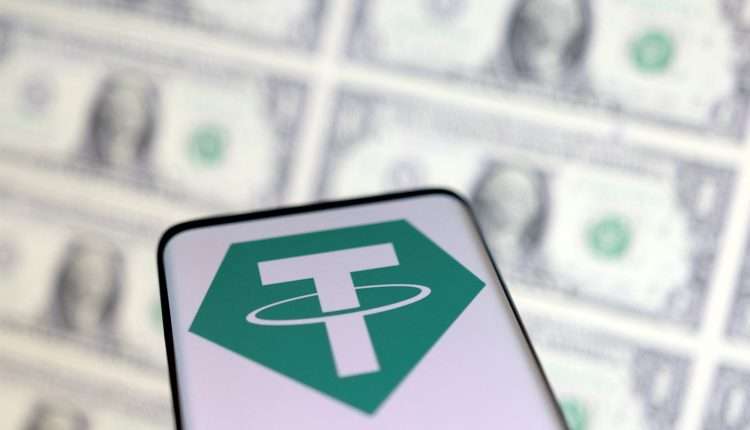The Wall Street Journal has published an article detailing Bitfinex and Tether’s suspected illegal activities throughout the course of 2018.
Since its debut in 2014, Tether has been plagued by a number of legal disputes and scandals, including this one.
Tether has had legal trouble in the past, including a restriction from doing business in New York. The New York State Attorney General’s office looked into the company in 2018 for allegedly lending money to investors and selling unregistered securities.
Because of these complications, Tether and its sibling business Bitfinex were left in a precarious position and unable to use traditional banking facilities. Allegedly, the corporations forged financial records and even offered shell companies to the banks as legitimate sources of funding.
The WSJ Found Key Evidence In Emails
The Wall Street Journal obtained certain communications written and received in 2018 to secure banking backing for the investigation into the problems with Tether and Bitfinex.
According (1) to the WSJ’s reporting, the companies involved attempted to defraud financial institutions by disguising themselves as other entities.
Their efforts led to even greater trouble with authorities, confiscating millions of dollars in assets and ties to terrorist organizations.
One of the founders of Tether Holdings Ltd, Stephen Moore, warned a USDT dealer in China who was sending phony contracts and sales invoices to the bank in one of their emails. Moore said that it was getting more difficult to open bank accounts using the forged paperwork he had previously signed.
Bitcoin and Tether Exchange Problems in 2018
In the case of USDT, a stablecoin with a market cap of over $70 billion, Tether Holding LTD is the driving force. The USDT token issued by Tether is the market’s third most valuable cryptocurrency overall, but it is the leader among stablecoins.
Tether USDT, as a stablecoin linked to the USD, is required to keep a reserve of USD equal to its circulating supply. To put it another way, the Federal Reserve must hold US$1 for every USDT in circulation.
But, Tether’s problems began when the US authorities found the company had lied about backing the currencies in circulation with the USD in reserve. Commodities Futures Trading Commission (CFTC) probed stablecoin and discovered the fraud.

Tether only owned 27.6% of all USD equivalent currencies in circulation between 2016 and 2018, according to data from the CFTC. Instead, Tether pooled its reserve cash with Bitfinex and relied on unregulated third parties to retain the reserve’s funds.
Bitfinex, launched in 2012, is one of the largest cryptocurrency exchanges in the world.
It caters to individual investors in cryptocurrencies and larger financial institutions and offers both margin & spot trading as part of its services.
The significance of the exchange’s registration in the British Virgin Islands cannot be overstated.
The exchange has seen hacking attempts and Bitcoin price manipulations since its beginning. In 2015, for example, the exchange was hacked, losing 1,500 Bitcoin (then worth $400,000).
The US Commodities Futures Trading Commission penalized the exchange of $75,000 in 2016 for allowing off-exchange financing of commodity transactions. Since it had not registered as a Futures Commission Merchant, the commission charged it with breaking the Commodities Exchange Act.
Bitfinex reported a delay in executing USD withdrawals when Wells Fargo turned down the exchange wire transfer in 2017.

Bitfinex’s Taiwanese bank severed ties after Wells Fargo’s prohibition. Thus, the company is now using Noble Bank International for its financial transactions. However, in 2018, the NBI also severed ties with Bitfinex.
In 2018, the exchange’s financial links were under significant strain, prompting multiple fraudulent attempts to restore service.
Bitfinex’s close relationship with the stablecoin corporation was demonstrated in 2019 when New York Attorney General Letitia James accused the exchange of using Tether, a subsidiary, of concealing an $850 million loss.
